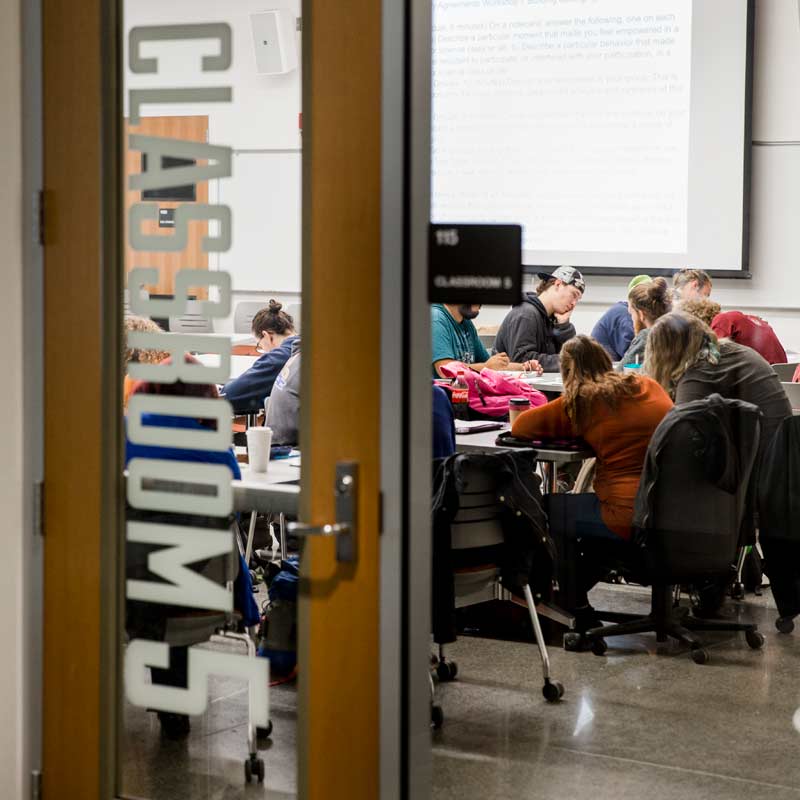xThe Washington Center Summer institute is going virtual
A letter from the Washington Center National Advisory Board
As the many challenges of COVID-19 have become a daily reality, this letter comes to you with our sincere care and concern, hoping you are staying safe and able to continue good work even in the face of changes swirling around us. We are writing to let you know that the Washington Center Summer Institute for Improving Undergraduate Education, July 13-16, 2020, is being reformatted as an engaging virtual event. The virtual Institute will still provide expert coaching from resource faculty and time for your team to think and plan. While we won’t be able to gather together over meals or share late night conversations in the dorms, we will create virtual spaces to share stories of successes and engage in creative problem solving.
Campuses today face urgent challenges in meeting students where they are. As the pandemic forces us into remote learning and teaching, the structural inequalities and uneven access to educational resources which hold too many of our students back become even more stark. The Summer Institute will continue to be an opportunity for campus teams to thoughtfully address equity in ways that align with the needs of students and faculty in the extraordinary circumstances all of us are now working through.
The substantive focus of the Institute has not changed.
Through a series of carefully designed, highly interactive activities, campus teams will experience the time, virtual space, and expert coaching to develop a two-year action plan for their campus change initiative. Areas of work include learning community initiatives, faculty and staff development, adult re-engagement, guided pathways, and using evidence for continuous improvement.
The 2020 Summer Institute will retain many of its hallmark features including,
- Dedicated coaches: Nationally known experts provide facilitation and feedback virtually as campus-based teams develop a two-year action plan.
- A supportive network: Structured opportunities to interact and learn from other teams working on similar projects.
- Engaging concurrent and pre-institute sessions: Explore issues and strategies of special relevance to your campus setting and goals
- Nationally recognized plenary presenters: Frank Harris and Christina Downey will help you situate your project in big-picture thinking.
Our aim is to provide an individually tailored, highly engaging experience that is caring, creative, and safe where you can work with campus colleagues to achieve your goals for the learning of all students. Moving to a virtual format is, we believe, an opportunity to redesign the institute in ways that will be powerful and relevant — and at a reduced cost as campuses struggle with budget uncertainties.
Washington Center National Advisory Board
Julia Metzker, Director, Washington Center for Improving Undergraduate Education
Emily Lardner, Interim Vice President, Highline College
Larry Roper, Professor, Oregon State University
Rachel Singer, Senior Resource Faculty, Washington Center for Improving Undergraduate Education
Jen Whetham, Program Administrator, Washington State Board for Community and Technical Colleges
Sonja Wiedenhaupt, Member of the Faculty, The Evergreen State College
Jillian Kinzie, Associate Director, Center for Postsecondary Research
Pat Hutchings, Senior Scholar, National Institute for Learning Outcomes Assessment

